Prime energy drinks are a viral hit, but are they dangerous?
YouTube stars made the drink a hit among kids, but some say it may not be safe for them


A free daily email with the biggest news stories of the day – and the best features from TheWeek.com
You are now subscribed
Your newsletter sign-up was successful
Senate Majority Leader Chuck Schumer (D-N.Y.) asked the U.S. Food and Drug Administration to investigate the influencer-backed Prime energy drink that has become popular among the influencers' young fan base. While the beverage might be "one of the summer's hottest status symbols for kids," Schumer warned parents and consumers to "beware because it's a serious health concern for the kids it so feverishly targets."
"And the problem here is the product has so much caffeine in it that it puts Red Bull to shame. But unlike Red Bull, it is specifically targeted — the advertising campaign — at kids under 18," Schumer added.
Who's behind the drink?
Well-known YouTube stars Logan Paul and Olajide William Olatunji, better known as KSI, are the founders of the Prime beverage brand, which is owned by Congo Brands, a Louisville company that "sells other sports supplements," Insider reported. The drink is still most associated with the pair of influencers who capitalized on their social media followings to drive the hype of the sports drink. When the beverage launched at the end of 2022, high demand led to long lines outside grocery stores in the United Kingdom and a thriving resale market online and in schoolyards.
The Week
Escape your echo chamber. Get the facts behind the news, plus analysis from multiple perspectives.

Sign up for The Week's Free Newsletters
From our morning news briefing to a weekly Good News Newsletter, get the best of The Week delivered directly to your inbox.
From our morning news briefing to a weekly Good News Newsletter, get the best of The Week delivered directly to your inbox.
The brand has two products, a "hydration drink," more akin to Gatorade, and an energy drink, which comes in 12-ounce neon-colored cans that contain about 200 milligrams of caffeine, the equivalent of six cans of Coke or about two Red Bulls, per The Associated Press. In an advertisement, Paul and KSI pointed out that the drinks have few calories and low to zero sugar and described them as "better-for-you products." They also note that the hydration drink doesn't have caffeine.
Is it dangerous for kids?
Despite a warning label that it's "not recommended for children under 18," the drink's popularity among preteens and teens has raised some concerns because it's so high in caffeine. This prompted some schools in the U.K. and Australia to ban the drink after some health care professionals warned of the possible dangers it could have on young children. U.S. schools have also reportedly seen a growing number of students bringing the drink to school, per The New York Times. While federal regulations prohibit elementary and middle schools from selling or distributing caffeinated beverages, some schools don't restrict what kids can bring from home.
While the company also pointed out that its Prime hydration drink is a caffeine-free alternative to its viral energy drink, the Times said some parents and school officials confuse the two drinks. In his letter to the FDA, Schumer pointed out that there isn't a noticeable difference in how the two are advertised, leading parents to believe their purchasing a sports drink for their kids, only to end up with a "cauldron of caffeine." He also contends that the advertising is being targeted toward kids specifically.
"A simple search on social media for Prime will generate an eye-popping amount of sponsored content, which is advertising," he wrote. "This content and the claims made should be investigated, along with the ingredients and the caffeine content in the Prime energy drink."
A free daily email with the biggest news stories of the day – and the best features from TheWeek.com
At the news conference Schumer spoke at, Dr. Edith R. Bracho-Sanchez said high-caffeine content could cause children to have headaches, anxiety and sleeping problems. "What this drink is giving you is a caffeine rush, it is a high, followed by a crash," she added. The American Academy of Pediatrics recommends against giving caffeinated products to children under 12, while adolescents between ages 12 and 18 shouldn't exceed 100 milligrams per day. The FDA states 400 milligrams of caffeine daily is acceptable for healthy adults and is "not generally associated with dangerous, negative effects," but it doesn't have recommendations for kids.
A Prime spokesperson said the brand's "top priority is consumer safety," and they "welcome discussions with the FDA or any other organization regarding suggested industry changes they feel are necessary in order to protect consumers."
Theara Coleman has worked as a staff writer at The Week since September 2022. She frequently writes about technology, education, literature and general news. She was previously a contributing writer and assistant editor at Honeysuckle Magazine, where she covered racial politics and cannabis industry news.
-
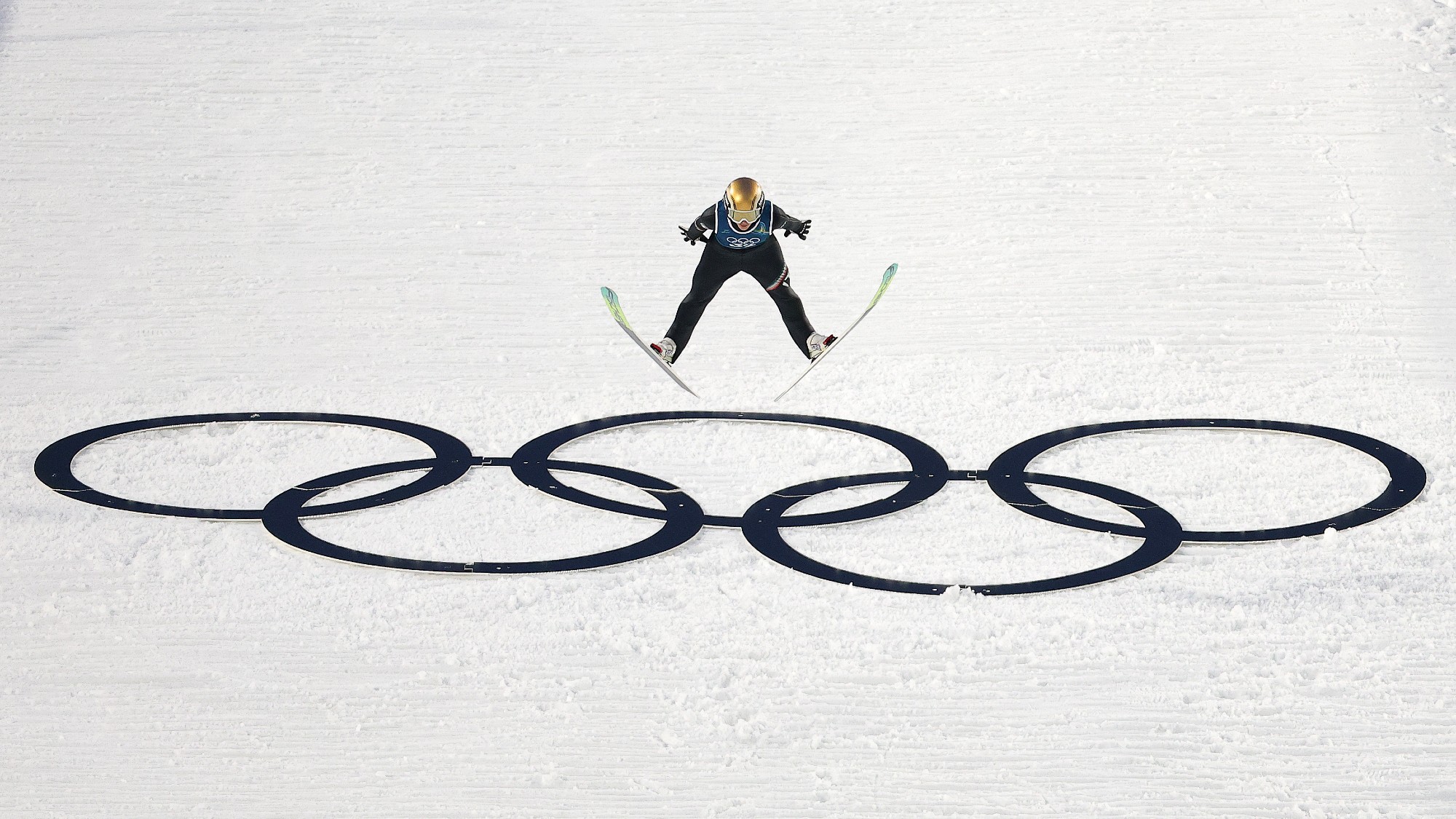 What to watch out for at the Winter Olympics
What to watch out for at the Winter OlympicsThe Explainer Family dynasties, Ice agents and unlikely heroes are expected at the tournament
-
 Properties of the week: houses near spectacular coastal walks
Properties of the week: houses near spectacular coastal walksThe Week Recommends Featuring homes in Cornwall, Devon and Northumberland
-
 Will Beatrice and Eugenie be dragged into the Epstein scandal?
Will Beatrice and Eugenie be dragged into the Epstein scandal?Talking Point The latest slew of embarrassing emails from Fergie to the notorious sex offender have put her daughters in a deeply uncomfortable position
-
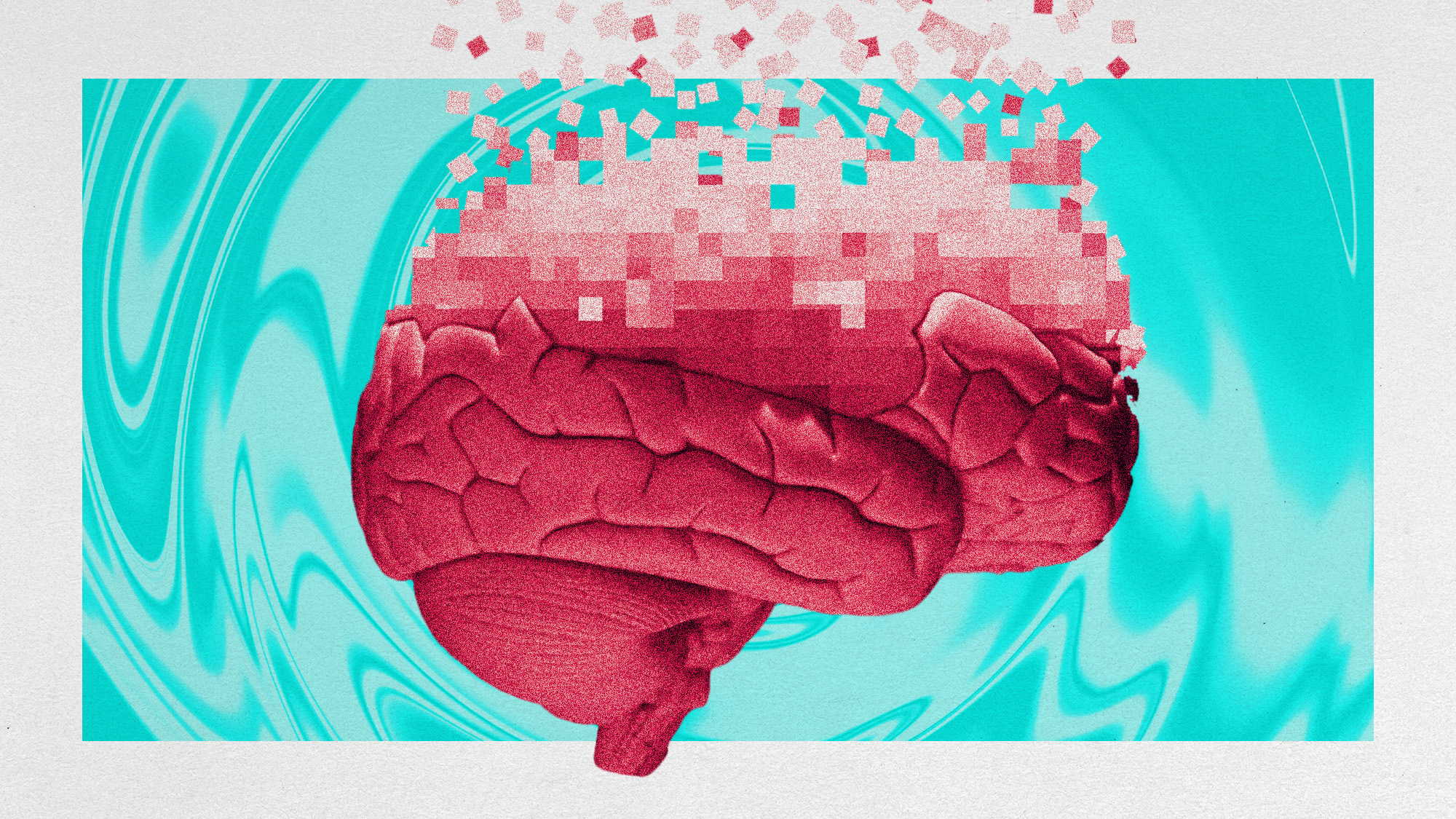 'TikTok brain' may be coming for your kid's attention span
'TikTok brain' may be coming for your kid's attention spanThe Explainer What happens to kids' brains when they binge TikTok's endless stream of bite-sized videos?
-
 The 'girl dinner' TikTok trend has dieticians on edge
The 'girl dinner' TikTok trend has dieticians on edgeSpeed Read Is it a cute and relatable social media fad or a cover for disordered eating?
-
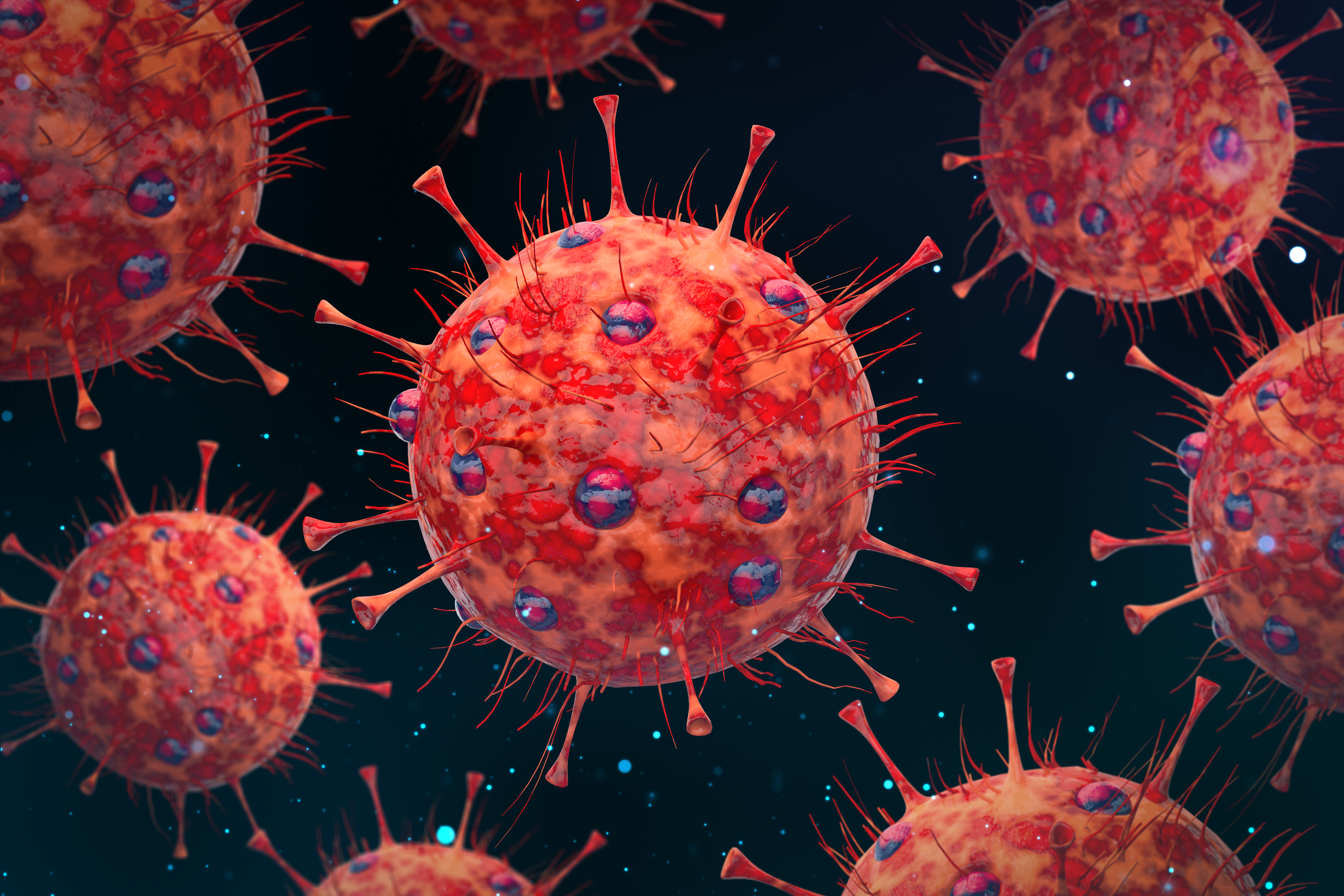 Understanding the new Covid-19 variant, Eris
Understanding the new Covid-19 variant, ErisSpeed Read The formally named EG.5 is making the rounds, but we don't have to worry just yet
-
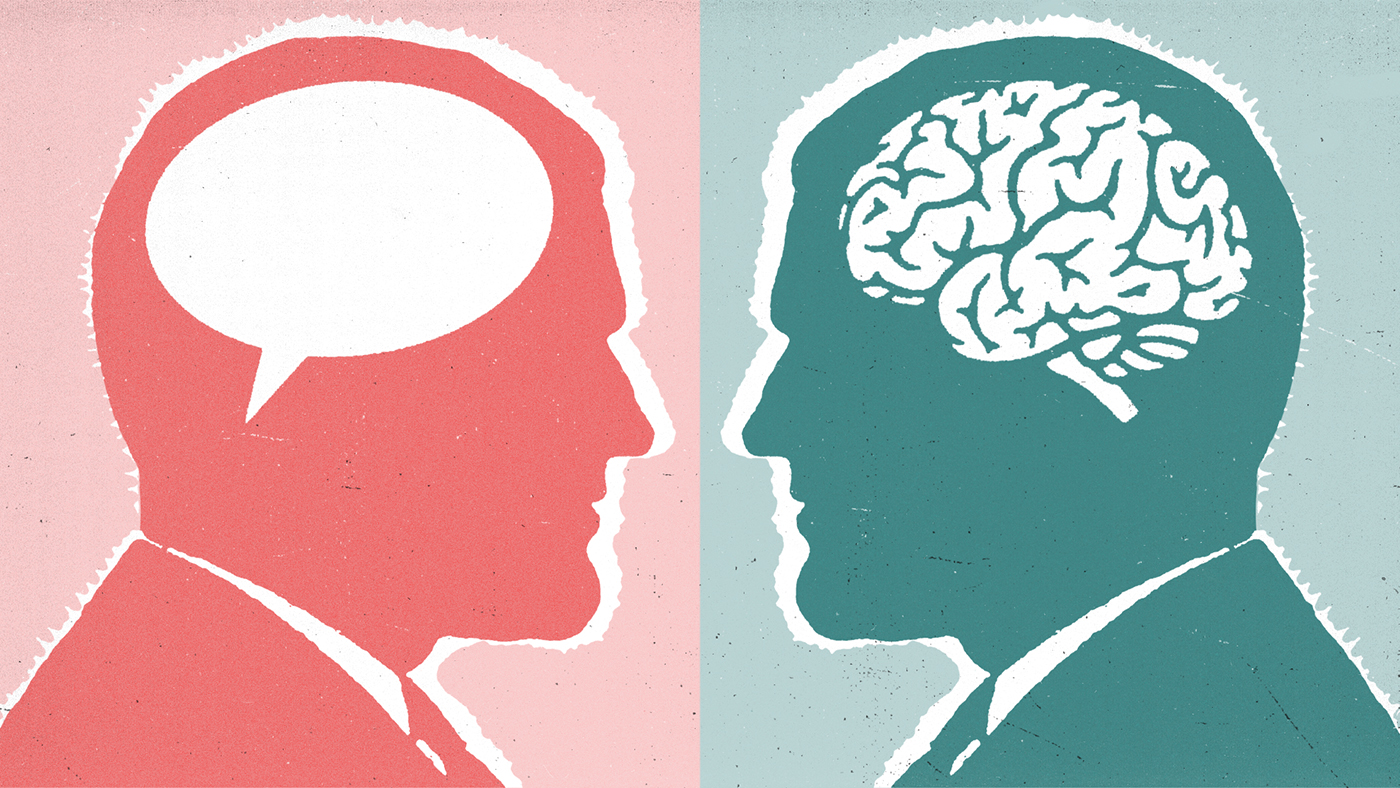 When therapy-speak enters the real world
When therapy-speak enters the real worldSpeed Read Are you "setting boundaries" or avoiding confrontation?
-
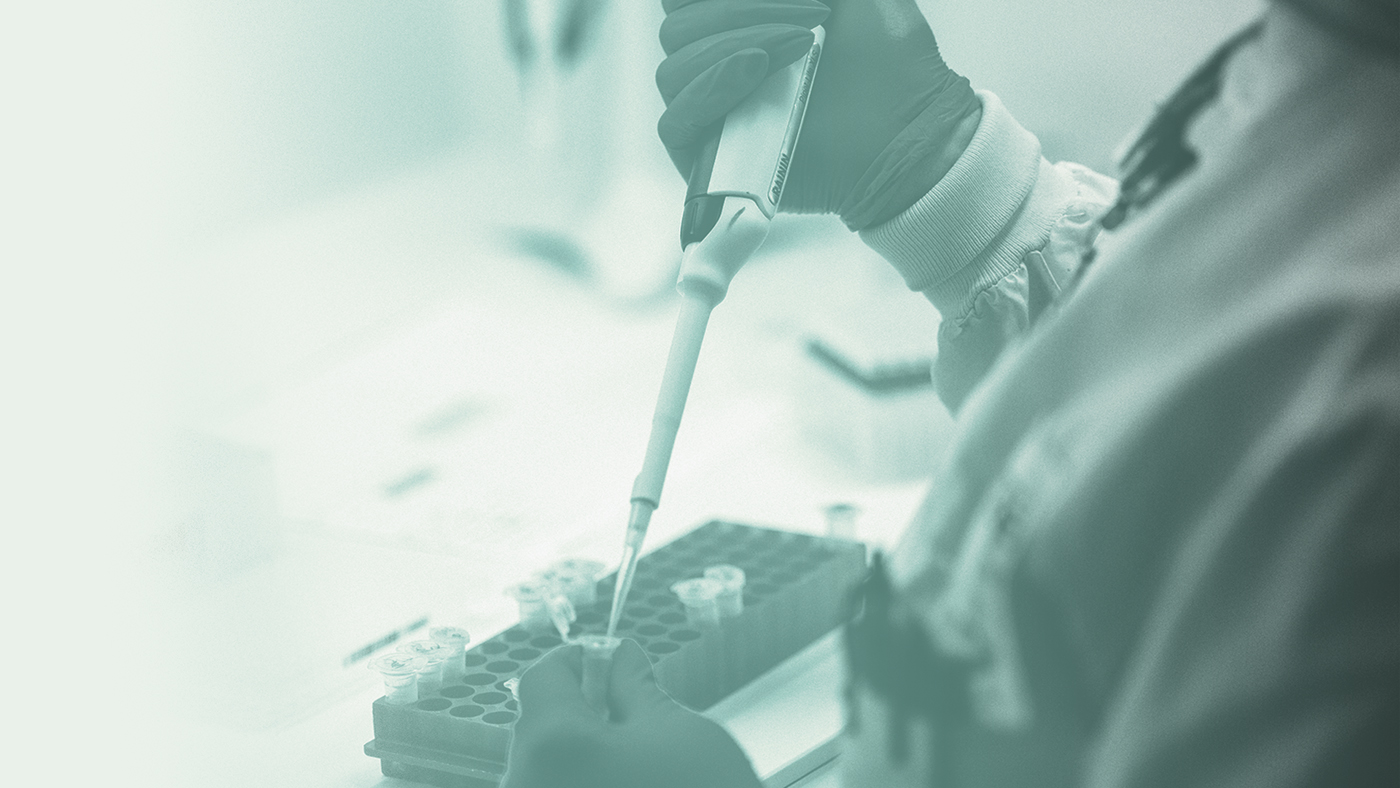 The new push to solve long Covid
The new push to solve long CovidSpeed Read Patients say researchers have been too slow to address the condition
-
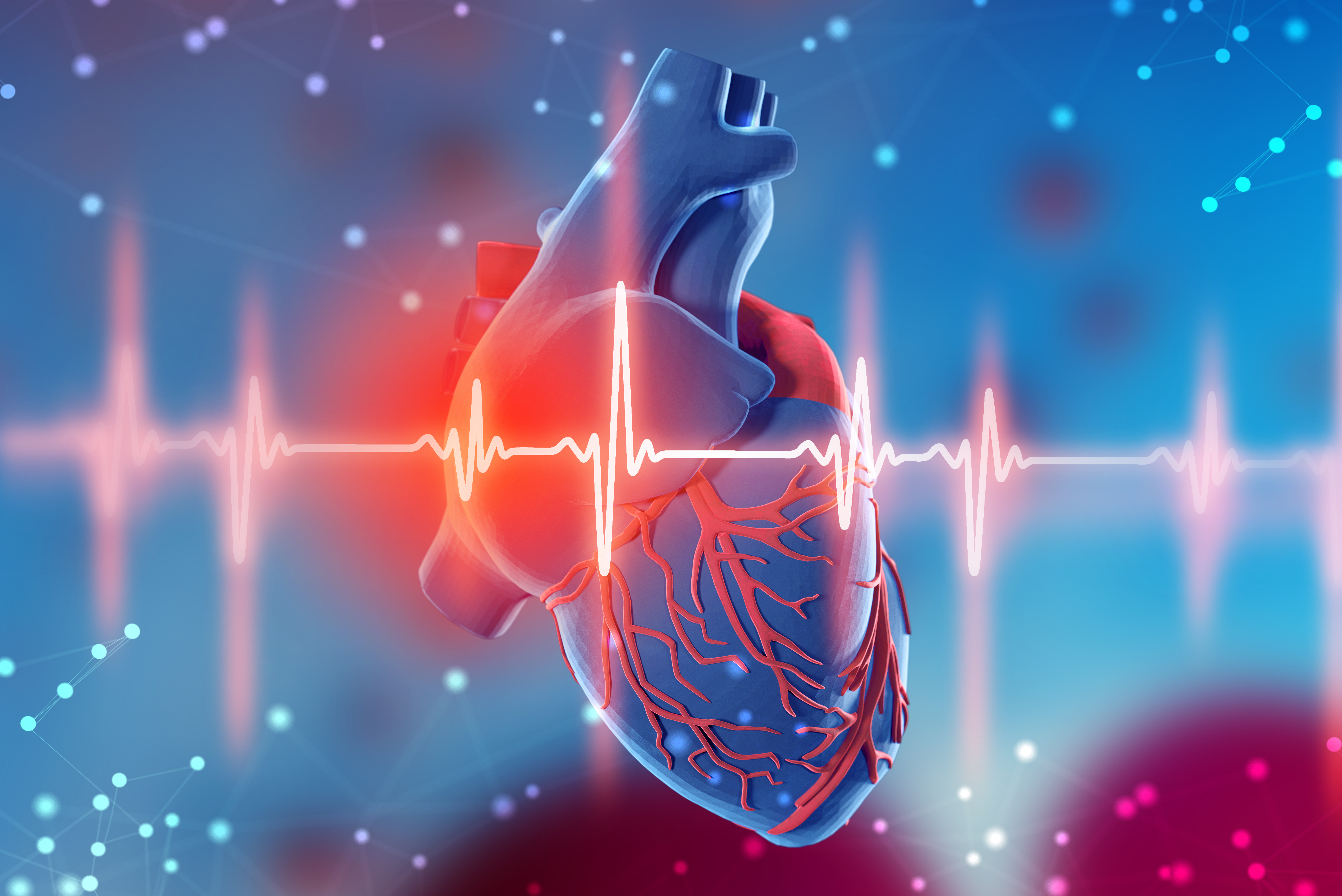 What is cardiac arrest and why does it happen?
What is cardiac arrest and why does it happen?Speed Read The heart condition impacts younger athletes more often than expected
-
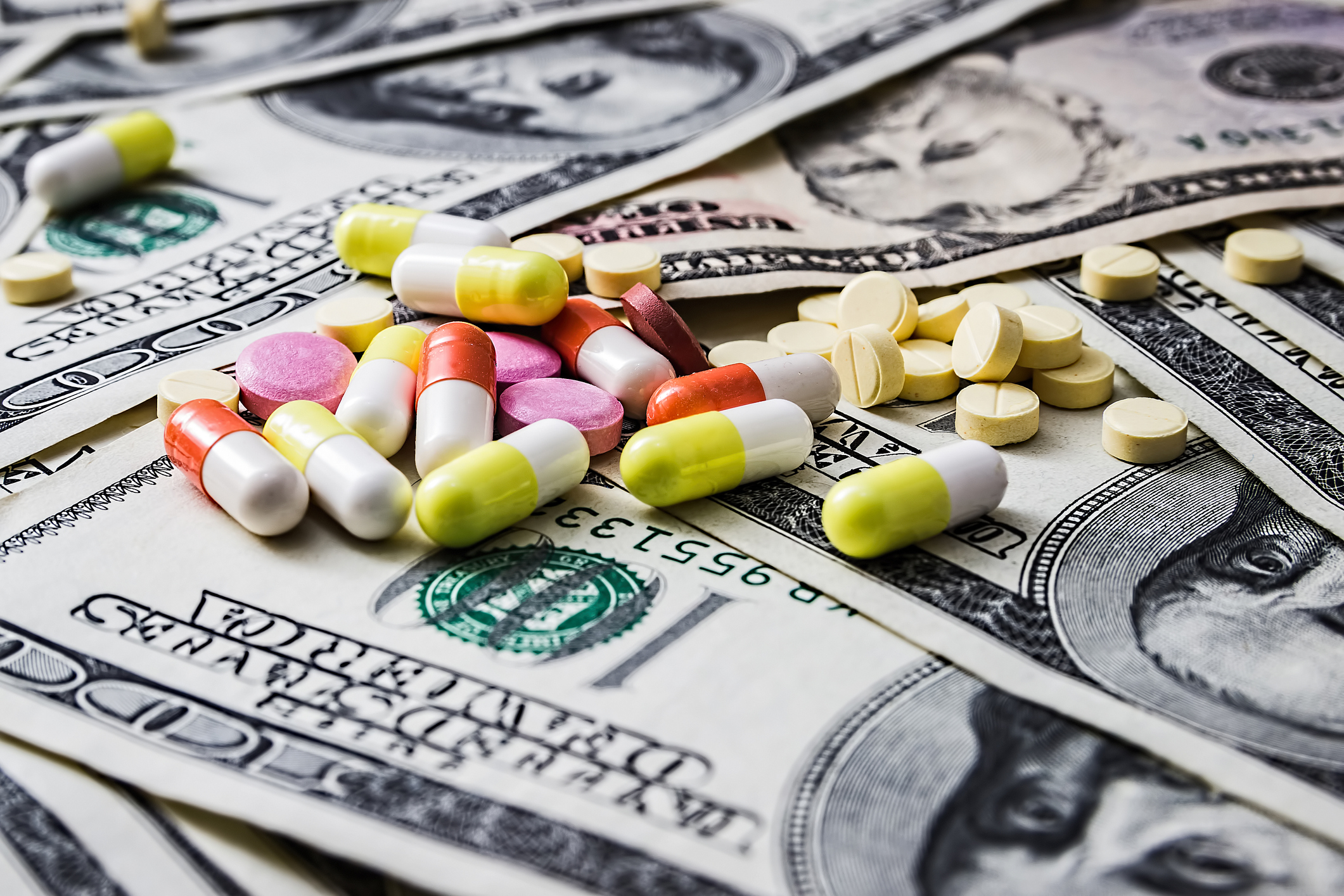 What is medical identity theft and how can you avoid it?
What is medical identity theft and how can you avoid it?The Explainer Scammers can often target medical insurance as part of their grift
-
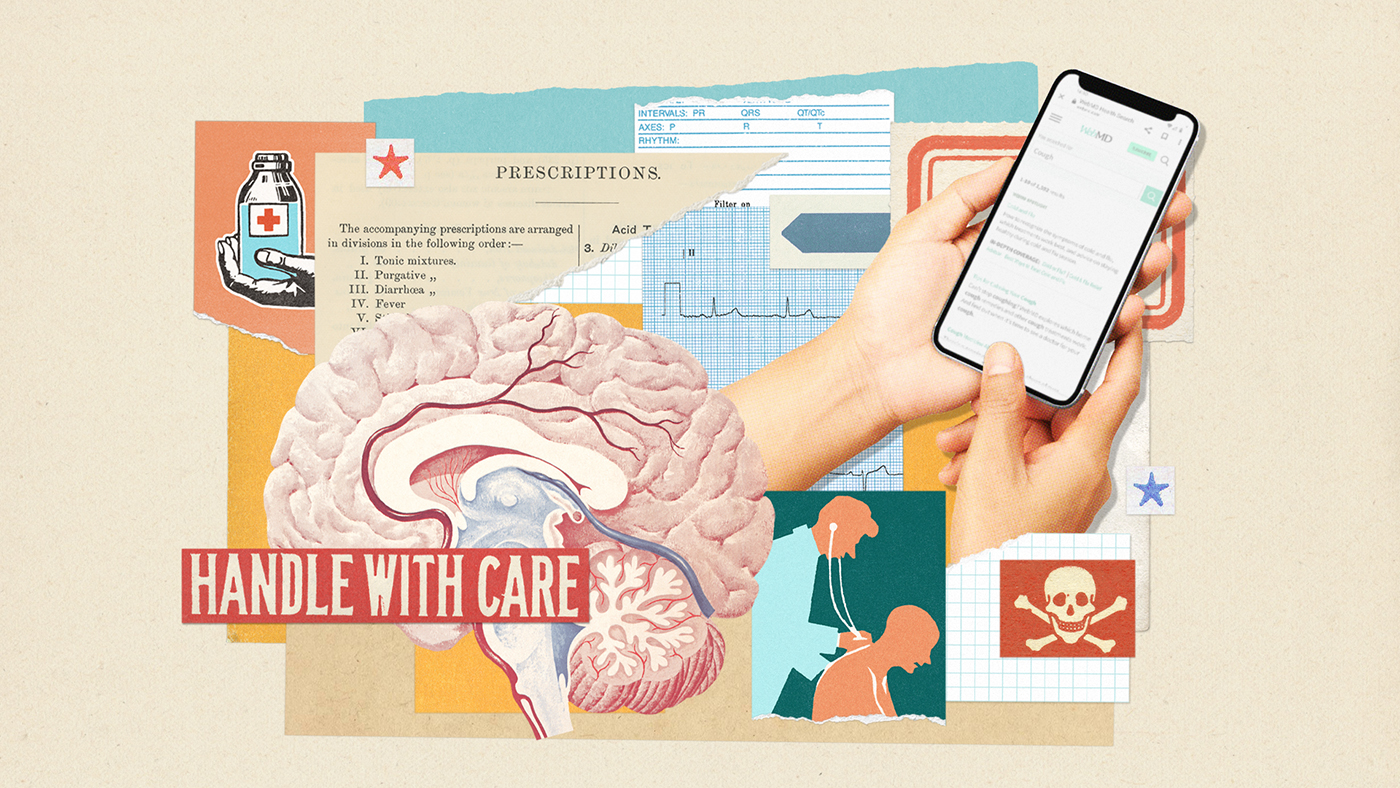 The problem with self-diagnosing
The problem with self-diagnosingSpeed Read Teens are turning to social media to diagnose themselves with mental health conditions
